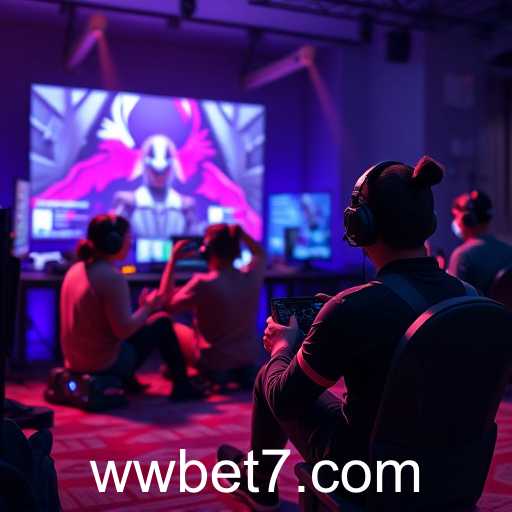Exploring how online gaming platforms like wwbet are shaping digital communities and impacting global interactions in 2025.
In the ever-evolving landscape of digital entertainment, online gaming platforms have emerged as pivotal arenas for creating and nurturing communities across the globe. As we navigate through 2025, websites like wwbet are at the forefront of this transformation, acting as social hubs where players converge not just for gaming but also for social interactions and community building.
The key driver behind this phenomenon is the increasing accessibility of the internet and smartphones, which has democratized the gaming world. Today, millions of players are logging in to platforms like wwbet, where they find not only games but also forums, messaging tools, and live events offering a rich tapestry of interactions that bridge geographical divides.
In recent years, platforms such as wwbet have ramped up their community engagement strategies, hosting online tournaments that draw massive audiences and turning casual gaming into a spectator sport. This aligns with a broader trend in the gaming industry, where esports have become a booming segment, commanding significant attention on streaming platforms and expanding into mainstream media.
Furthermore, the emergence of these gaming communities impacts societal interactions and perceptions. Online forums attached to gaming websites become spaces where cultural exchanges happen organically among players from diverse backgrounds. This dynamic has contributed to a global cultural shift, where players unite under a common banner of shared interests, often breaking down stereotypes and prejudices.
However, as these digital communities grow, they present unique challenges. Issues related to digital addiction, online harassment, and data privacy loom large. Gaming platforms are grappling with finding the balance between fostering inclusive communities and implementing stringent measures to safeguard user experiences.
Looking into the future, platforms like wwbet are likely to further innovate, potentially incorporating more immersive technologies such as virtual reality to enhance user experiences. As they do, they will continue to redefine what it means to be part of a digital community, with implications that extend well beyond the realm of gaming. In the wake of these developments, society stands at the threshold of a new era of virtual interaction, where the lines between the digital and physical worlds blur, creating opportunities for unprecedented forms of global connectivity.




